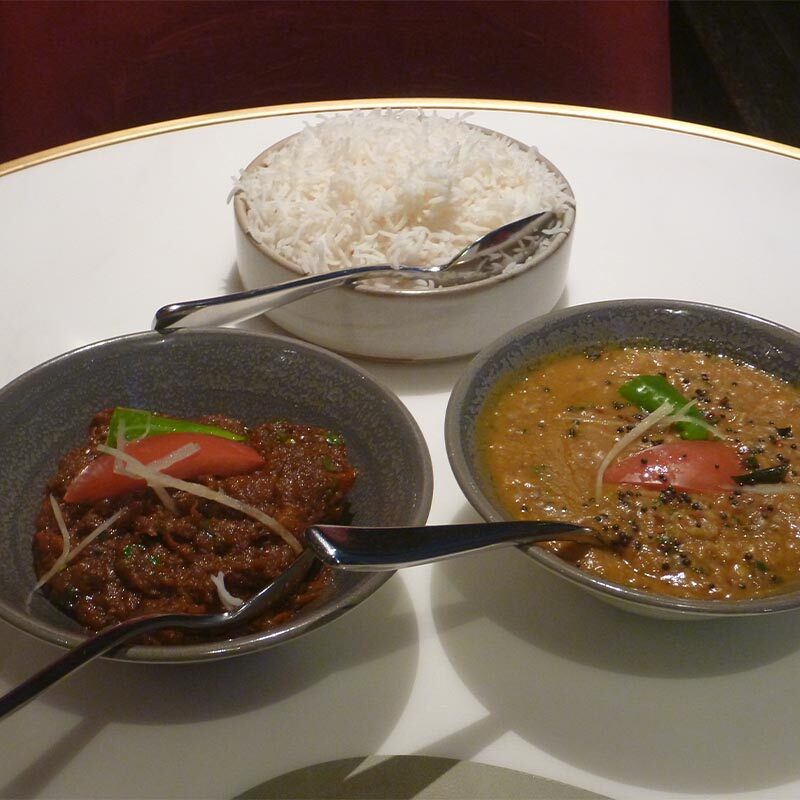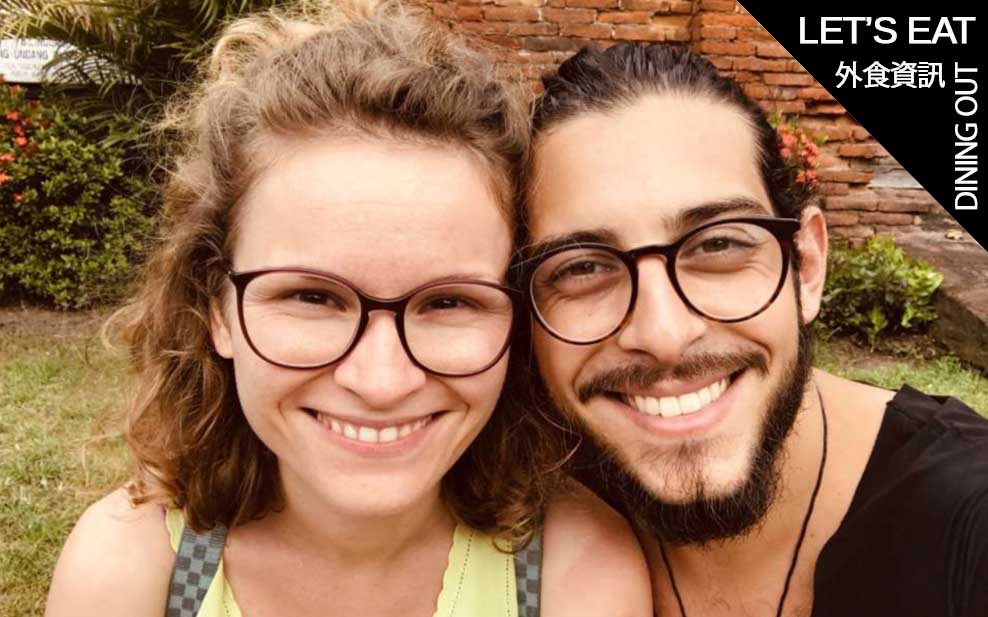
How Small, Everyday Choices Can Make an Impact – Plant the Seed of Thought
Whatever your morning pick-me-up preference, coffee, one of the world’s favourite beverages, continues to be an essential factor in society’s daily routine. Coffee is also an industry with consistent and stable growth; and a chunk of the market share is being carved out by sustainable brands. Coffee rituals have become more personalised and consumers are moving away from soulless coffee chains in favour of single origin, slow, sustainable and ethical brands, especially those with a story.
In line with this growing trend, we met with Impact Berry, an entrepreneurial start up that seeks to positively impact communities in Asia with their new coffee brand. Below is a deep dive on why they left secure corporate careers to help communities in Asia.
Tell us about why you started Impact Berry?
Coming from an office environment we had the urge to drastically but sustainably change our approach to doing business, to reflect about ourselves, our drivers and the way we would integrate work into our lives. During the time of our extended travels from Europe to Timor-Leste by land and sea and away from touristic infrastructure we got in touch with various local communities and their unique economies. Learning first-hand about their drivers, characteristics, their hurdles but also opportunities, we found this insight and versatile view having a huge impact on us.
Having been in the region during several severe earthquakes in the course of 2018, with infrastructure and 90% of houses destroyed in some areas, we decided to volunteer in small villages where support was needed most. It was important to us that this was to happen in an impactful, efficient and sustainable way, making best use of our capacities rather than just helping out in the short-term. Being immersed for quite a while created a strong bond with the locals and even more a deep understanding about needs and shortcomings in the region. While seeing and feeling the strong need for funds, we looked out for unique expertise that could be monetised to rebuild the local economy. Our search came to an end, when receiving two bags of coffee as a gift for our efforts and realising the presence of a rich, generations-long expertise in cultivating coffee in the area.
The coffee berry is a fruit and contains the bean, source of the beloved stimulating drink, that most of us like to start our days with. At the same time, it is a multiplier. An enabler and potential for yet another coffee tree and subsequently thousands of new berries and trees.
With Impact Berry, we want to plant the seed of thought to make an impact.
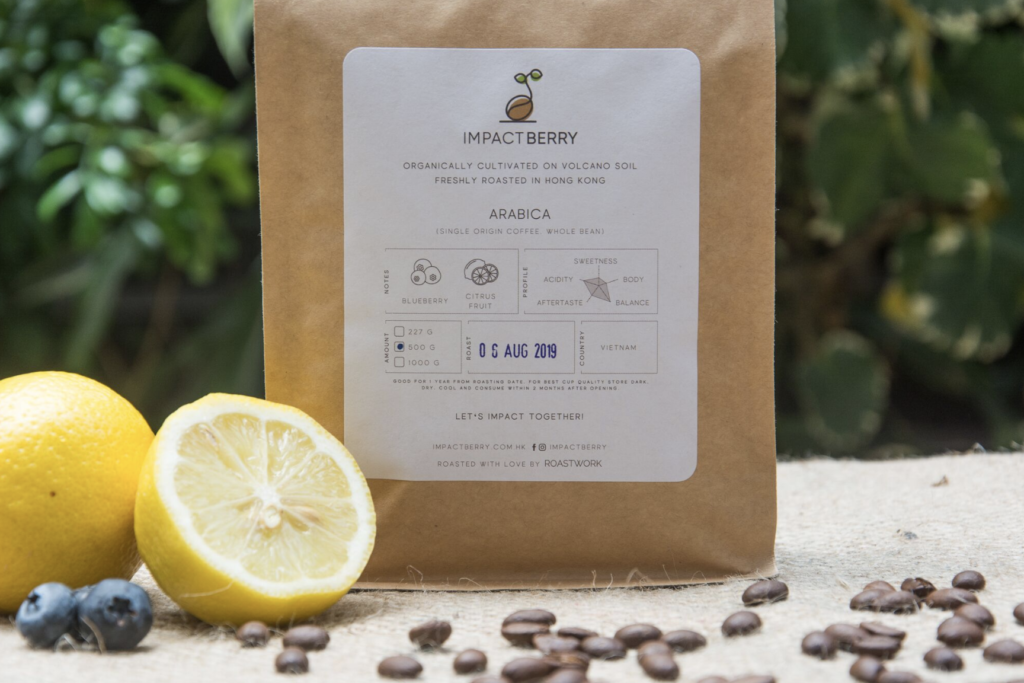
With disaster tourism on the rise, what are you doing differently?
Disaster tourism is widely understood as a practice of travelling to or visiting an area that is or has been affected by natural disaster, civil strife, or warfare. The term in its extreme mostly describes a voyeuristic approach with people going to such areas to satisfy their curiosity or seek thrills. It can also be people going to such areas for their own learning or even to volunteer for a time.
Given this extended definition a very separate discussion probably needs to happen on whether disaster tourism could also be used for the better. We strongly believe that all aspects, the initial motivation and authenticity to support, the empathy to listen and understand and probably at most the continuity of efforts distinguishes the case.
Having gotten in touch with the villages in the epicentres in the first place with the authentic intend to listen, understand and support, sleeping on the ground, blending in but foremost being committed to creating shared value and continuously support the communities we work with for us is the key difference.
This month, we are celebrating strong women and the women that make history. How does Impact Berry affect women’s lives?
Generally, Impact Berry’s broader mission is to affect peoples’ lives in a positive way, irrespective of the gender.
We empower in many different ways which strongly includes raising awareness on gender equality, women empowerment and to specifically support those that are socially disadvantaged or disrespected. Speaking of gender, this often affects women especially in societies or communities where awareness still has not yet advanced or social structures hinder equality.
We have built a huge network in both sourcing regions and our target markets whereas
and act as role models and social innovators. So are for instance the local Indonesian NGOs ‘Baraka Nusantara’ and ‘Pituq’ both led by women who are committed to strengthen gender equality with every step they take.
We have for instance empowered ideologically and financially a micro fruit business in one of the Muslim communities we work with. The business is run by 2 young women aged between 24 and 28 and supported by other young women in the community. They buy fruit on the local markets, turn them into extraordinarily delicious fruit salads and deliver those to the villages nearby. One of the two women managesa local male footsal team (Indonesian type of football on a small field, played with a team 5 vs. 5) and organises regional inter-village footsal tournaments. The other founder has successfully overcome massive social boundaries and suppression by divorcing from her husband and working a day job in a bigger city, 2 hours away, at the same time of being mother to a little boy.
We have recently initiated and conducted an English workshop for 35 kids and an associated reflection and creativity training for 7 female teachers, focussed around their role as mothers, teachers and strong individuals of their community.
These are just two examples of how we work and what impact we intend to achieve, being generally committed to listen and to support fighter women and their mission towards a more equal and balanced world.

This month, we are celebrating strong women and the women that make history. How does Impact Berry affect women’s lives?
As of 31 Jan 2020, Impact Berry has initiated, funded and enabled
- Water infrastructure, i.e. clean running water through installed water pipes for ~450 people, Indonesia
- Micro businesses supported: fruit salad business, t-shirt printing business, Indonesia
- Fundraiser, 1800 USD, supporting ~10 families (~40 people) to build metal temporary roofs for shelter, Indonesia
- Access to drinking water through mobile water filter systems for 250 people, Indonesia
- English learning through English books delivered for kids to village, donated by people in HK, Hong Kong & Indonesia
- English learning through summer camp 2019, for 35 children and 7 teachers, Indonesia
- Empower good coffee farming practices, buying from farmers at prices better than fair-trade, Indonesia & Vietnam
- Employ local tailors, producing accessories from plastics that are removed from the environment, Indonesia
- Preparation works to reforestation; ongoing conversations with farmers & NGOs, Vietnam
- The Hive healthy herb rooftop garden, Grow Something Collaboration, Hong Kong
- Coffee sourced only in Asia at an avrg. 10% shipping distance compared to south American and African coffees – drastically lower footprint
- Supporting biodiversity and permaculture by promoting wild, organic coffee, that grows in an intact ecosystem, Vietnam / Indonesia
How are consumer trends shifting in relation to ethical food?
The food industry and all retail businesses in general is and has always to a large degree been driven by consumer behaviour and consumer trends. With the rise of the industrial revolution in the late 19th century and development in the 20th century of mass production abilities, and with consumer desires to eat and consume more conveniently, processed and fast foods had their triumph in the second half of the 20th century.
Looking back some 150 years, right into the beginnings of the industrial revolution however clearly shows, that a development towards ethical food has sparked quite early already from today’s perspective.
This movement has accelerated foremost in Europe in the 1980s and 1990s but was never perceived well by the wide public.
This has changed drastically over the past 10 years with movements having evolved slowly but steadily into a more widely acceptable trend. What is important to acknowledge here though is that consumption behaviours and trends, especially in food, often times form, change and accelerate across different geographies and various income groups and cultures.
This recent trend towards more ethical food is fuelled by an increasing number of food scandals across the world and by increasing customer awareness on climate change.
Within this trend towards more ethical food we see quite a few shifts. Firstly, these include a change in diet towards less meat, primarily in western countries yet expanding, with meat especially from mass production rightfully being labelled cruel and climate-damaging.
Secondly a strong shift towards more locally produced food is happening that is fuelled by climate awareness and a strong consumer desire to understand ever better where food comes from, how it is produced and what the impact of the respective food is towards nature and those who produce it. Thirdly, we believe especially the latter drives a strong shift toward increased supply chain transparency and responsibility at all stages of the supply chain – which is funnily enough creating a whole new trend itself, being enabled by technologies such as AI and blockchain.
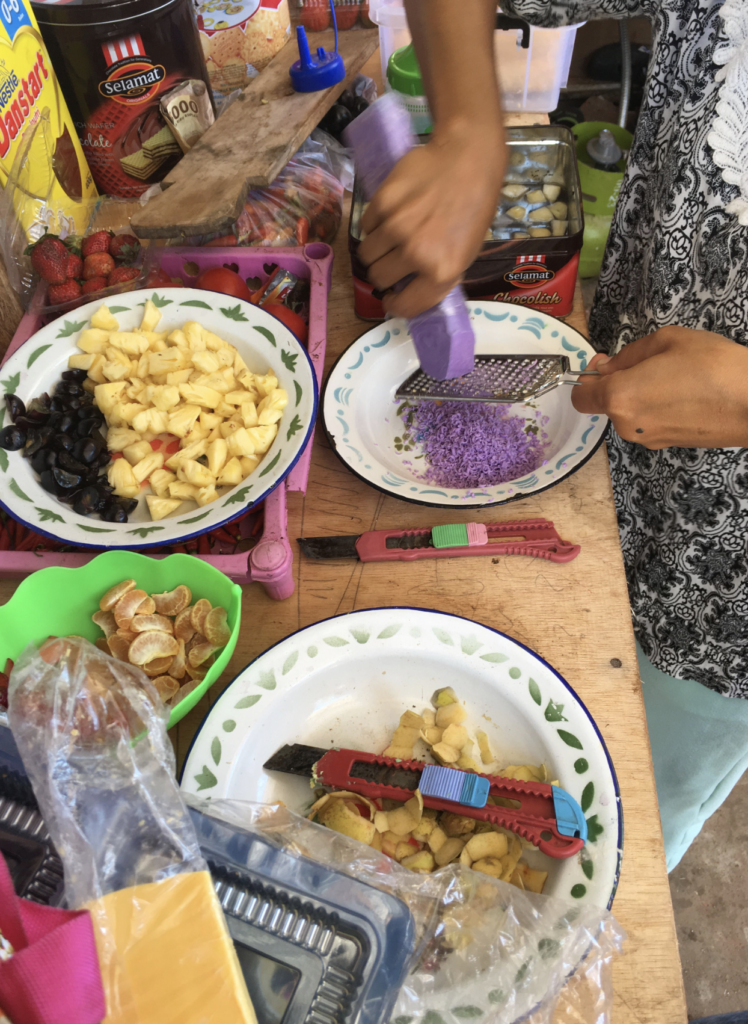
The Global coffee market is growing at around 5.5% during the forecast period (2019 – 2024). To what extent is ethical coffee a piece of this story?
Coffee is the most traded beverage in the world and amongst the 10 most traded food and beverage commodities overall. Coffee is one of the world´s most important cultural and social connectors and also has a massive and growing penetration of consumers of all geographies, cultures and income groups. The increased consumption poses challenges in terms of waste and sustainability of the coffee supply chain.
It can empower consumers because their small-daily choice can have a huge impact on communities and the environment. By choosing organic coffee, being aware of caffeine content, and the positive health benefits if consumed in moderation (e.g. reduction of Alzheimer-, Parkinson- and depression risk). Finally – on the planet – by choosing coffee that is grown in permaculture and in a biodiverse ecosystem instead of monoculture farmland. Equally important – coffee, that is as regionally sourced as possible to minimise bean travel distances and decrease the footprint compared to coffee from far away.
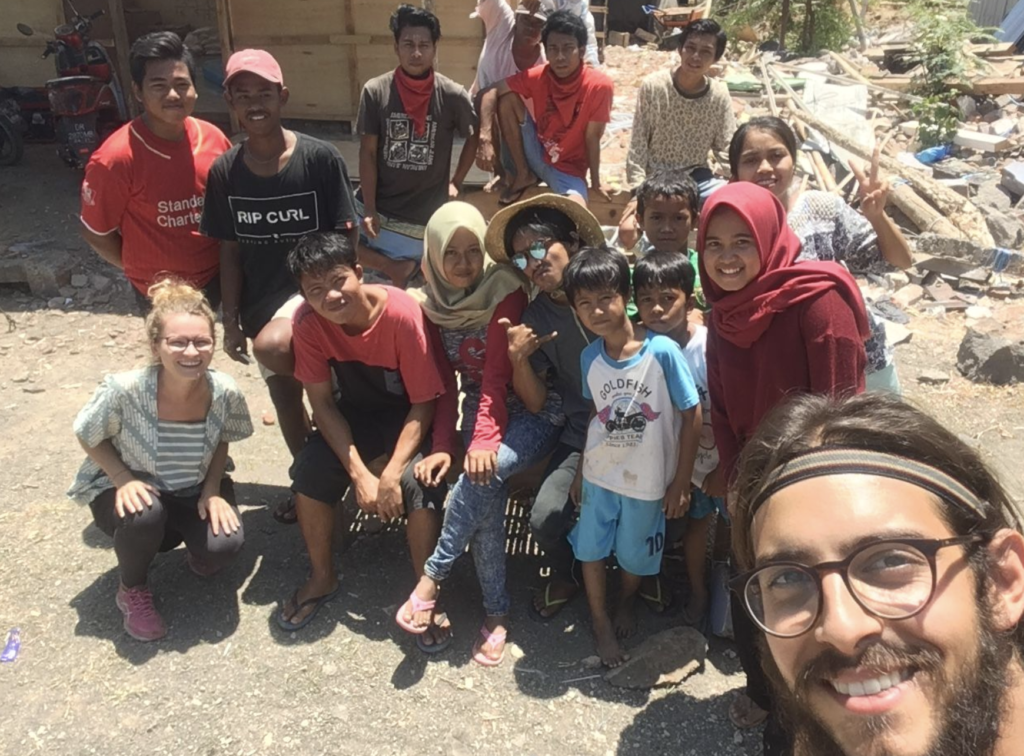
Written exclusively for WELL, Magazine Asia by Timo Juritsch and Sonja Debus, Founders of Impact Berry.
Thank you for reading this article from WELL, Magazine Asia. #LifeUnfiltered.
Connect with us on social for daily news, competitions, and more.



